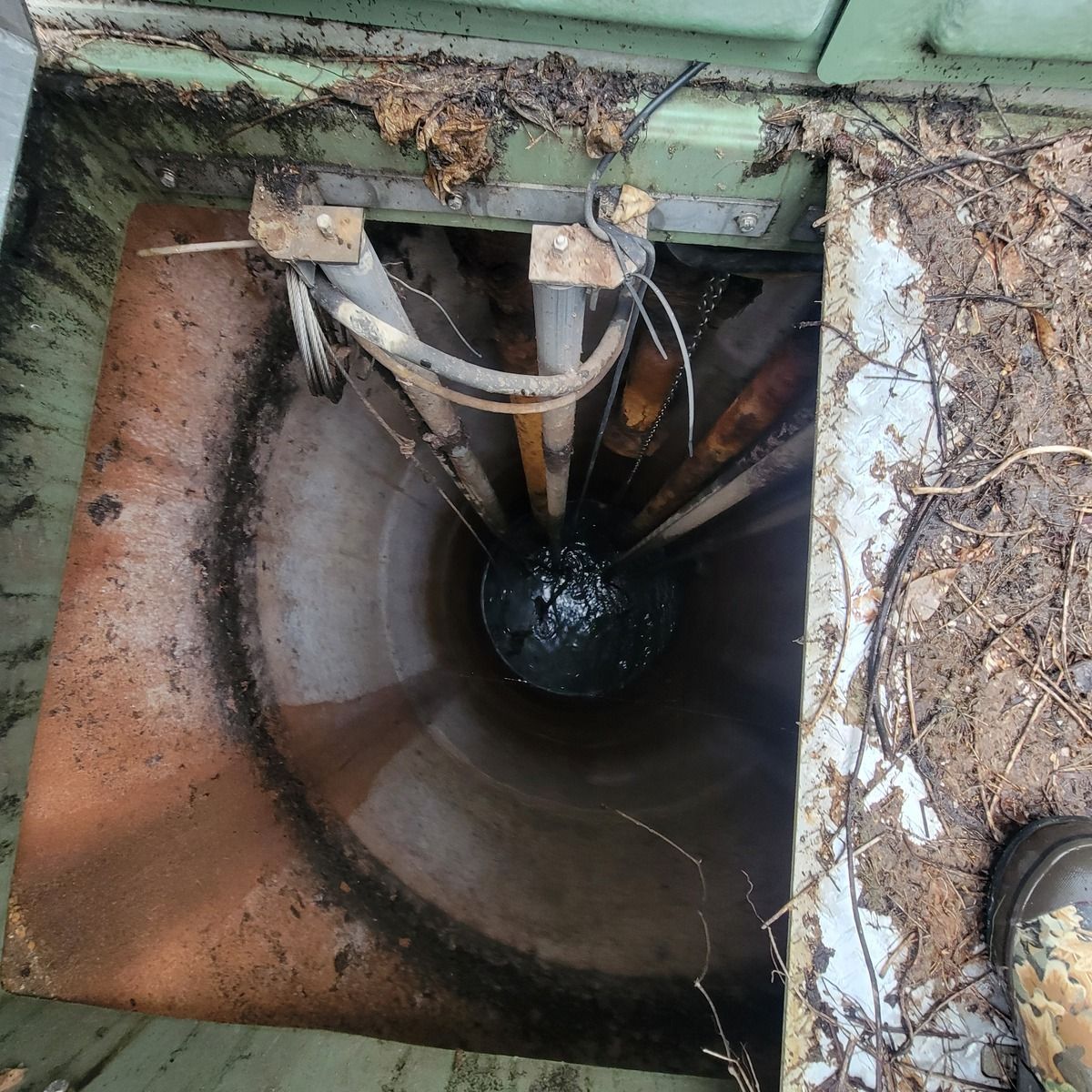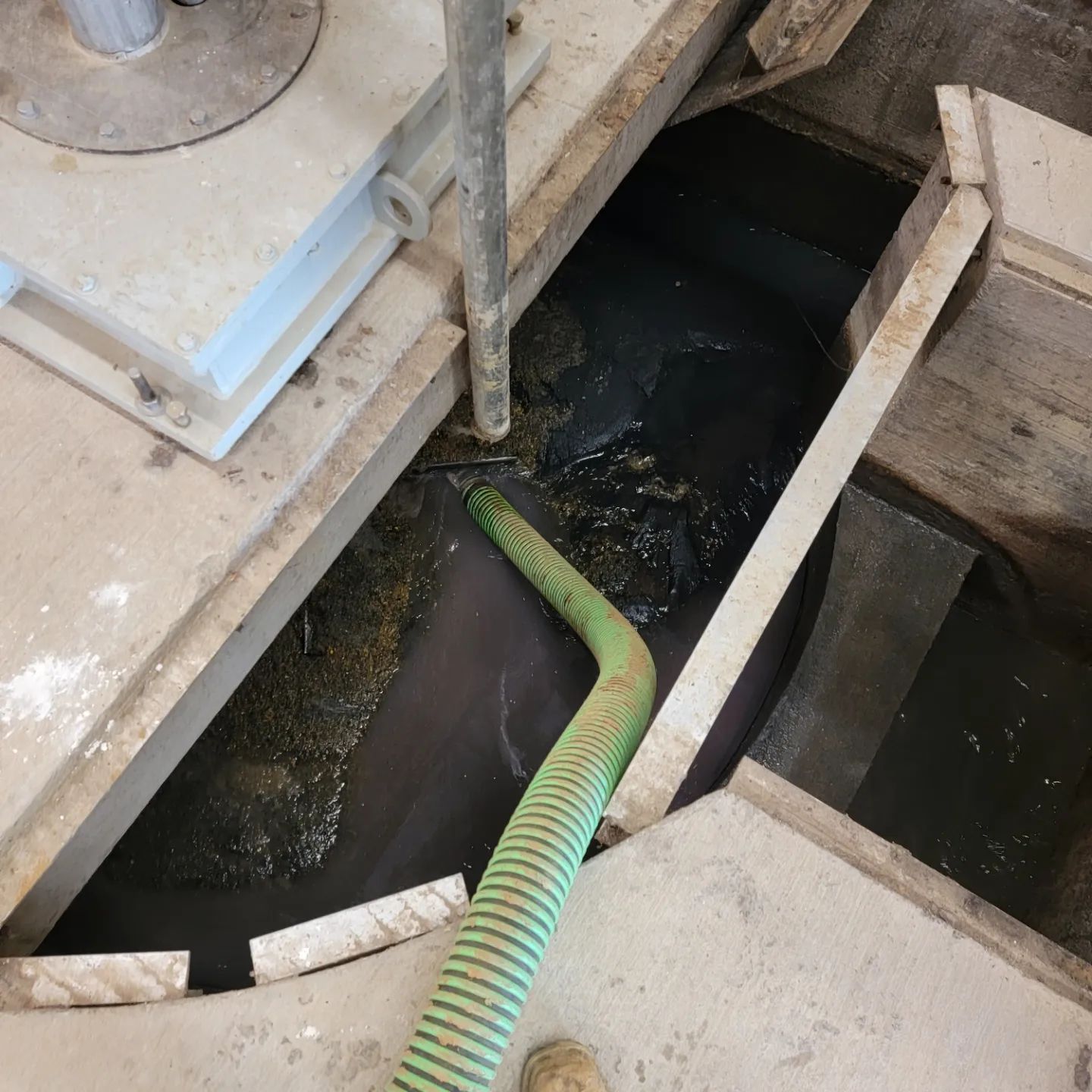Key Insights for Septic System Inspections | Oxford Septic
March 22, 2024
Septic System Inspections: Key Tidbits for a Trouble-Free Home
Your home's septic system is a critical but often overlooked component that plays a vital role in maintaining a healthy living environment. Regular inspections are key to ensuring its proper function, extending its lifespan, and preventing costly repairs. In this comprehensive guide, brought to you by Oxford Septic Service in Oxford, MS, we'll explore the essential tidbits you need to know about septic system inspections.
Why Are Septic System Inspections Important?
Before diving into the details of septic system inspections, let's understand their significance. Septic systems, whether conventional or alternative, are responsible for treating and disposing of wastewater generated by your household. A malfunctioning septic system can lead to various issues, including:
Health Hazards: A failing septic system can contaminate your groundwater, posing health risks to your family and neighbors.
Environmental Damage: Septic system failures can harm the environment by polluting nearby water bodies, such as rivers and lakes.
Costly Repairs: Neglected septic systems often require expensive repairs or replacements, putting a strain on your budget.
Decreased Property Value: A malfunctioning septic system can significantly reduce the value of your property, making it less marketable.
Given these potential consequences, regular inspections are essential to identify issues early, prevent health hazards, and save money in the long run.
When Should You Schedule an Inspection?
The frequency of septic system inspections can vary based on several factors, including local regulations, household size, and system type. However, here are some general guidelines to follow:
Annual Inspections: Many experts recommend scheduling an inspection annually. This frequency allows for early detection of problems and ensures your system remains in good condition.
Pumping Frequency: If you have a septic tank, your pumping schedule can serve as a reminder for inspections. Plan your inspections when you schedule routine pumping, which typically occurs every 3 to 5 years.
New Home Purchase: If you're buying a property with an existing septic system, it's wise to have a comprehensive inspection before finalizing the purchase. This can uncover any hidden issues and give you peace of mind.
Noticeable Issues: If you notice signs of septic system problems, such as slow drains, sewage backups, or foul odors, don't hesitate to schedule an inspection. Timely action can prevent further damage.
What to Expect During a Septic System Inspection
A professional septic system inspection involves a thorough assessment of all system components. Here's what you can expect:
Visual Inspection: The technician will examine the exterior components, including the tank, distribution box, and drain field, for any visible signs of damage or issues.
Tank Inspection: If you have a septic tank, it will be opened and inspected for sludge and scum levels. Pumping may be recommended if these levels are too high.
Drain Field Assessment: The drain field's condition and functionality will be evaluated, looking for signs of effluent surfacing or poor drainage.
Component Checks: All system components, including pumps, alarms, and electrical connections, will be inspected for proper operation.
Water Flow Test: A water flow test may be conducted to assess how well water is moving through the system.
Report and Recommendations: After the inspection, you'll receive a detailed report outlining any issues found and recommended actions. This report is crucial for making informed decisions about necessary repairs or maintenance.
Tips for a Successful Inspection
To ensure your septic system inspection goes smoothly, consider these tips:
Locate and Document Your System: Know the location of your septic tank, drain field, and other components, and keep records of past inspections and maintenance.
Clear Access: Ensure the inspector has easy access to all components by removing any obstacles like vehicles or landscaping.
Be Present: While you don't need to hover, being present during the inspection can help you understand the process and ask questions.
Ask Questions: Don't hesitate to ask the technician questions about your system's condition and any recommended maintenance or repairs.
Follow Recommendations: If the inspection reveals any issues or maintenance needs, follow through with the recommended actions promptly to prevent further problems.
Choosing the Right Inspection Service
Selecting a reputable and experienced septic system inspection service is crucial. Consider the following factors when making your choice:
Licensing and Certification: Ensure the company is licensed and certified to perform septic system inspections in your area.
Reputation: Read reviews and ask for recommendations from neighbors or friends who have had inspections done.
Experience: Choose a company with a proven track record and extensive experience in septic system inspections.
Comprehensive Services: Look for a company that offers a comprehensive range of septic services, including repairs and maintenance, in case issues are identified during the inspection.
In conclusion, septic system inspections are a vital part of responsible homeownership. By adhering to a regular inspection schedule and addressing any issues promptly, you can ensure your septic system operates efficiently, protect your health and the environment, and avoid costly repairs down the road. For professional septic system inspections and services in Oxford, MS, trust the experts at Oxford Septic Service.
Remember, a well-maintained septic system leads to a trouble-free and sustainable home. Schedule your septic system inspection with Oxford Septic Service today.

February 5, 2025
Congratulations on your new home! As a new homeowner, understanding how your septic system works and how to properly maintain it is crucial for ensuring its longevity and preventing costly repairs. In this comprehensive guide, brought to you by Oxford Septic Services, we'll walk you through everything you need to know about your septic system, from how it functions to essential maintenance tips. Chapter 1: How Does a Septic System Work? Overview of the basic components of a septic system, including the septic tank, drain field, and soil absorption area Explanation of how wastewater flows from your home into the septic tank, where solid waste settles and is broken down by bacteria, and liquid waste flows out into the drain field for further treatment by the soil Diagrams and illustrations to help new homeowners visualize the process and understand the role of each component in the system Chapter 2: Signs of Septic System Problems Identification of common signs that may indicate a problem with your septic system, such as foul odors, slow drains, gurgling noises, or soggy areas in the yard Discussion of the importance of addressing these signs promptly to prevent more significant issues and potential property damage Tips for conducting visual inspections of your septic system, including checking for standing water or sewage backups in the yard and inspecting the area around the septic tank and drain field for signs of damage or deterioration Chapter 3: Essential Septic System Maintenance Overview of the importance of regular septic system maintenance for preventing costly repairs and ensuring proper functioning Explanation of the maintenance tasks that homeowners should perform regularly, such as having the tank pumped every 3-5 years, conserving water usage, avoiding flushing non-biodegradable items, and scheduling routine inspections by a professional septic service provider Tips for maintaining a healthy septic system, including using septic-safe household products, avoiding harsh chemicals, and planting grass or shallow-rooted vegetation over the drain field to prevent soil erosion Chapter 4: Working with Oxford Septic Services Introduction to Oxford Septic Services and the range of services they offer, including septic system inspections, maintenance, repairs, and installations Benefits of partnering with a reputable septic service provider like Oxford Septic Services, including experienced technicians, prompt service, and peace of mind Testimonials from satisfied customers who have relied on Oxford Septic Services for their septic system needs and experienced excellent results Conclusion: As a new homeowner, understanding your septic system and implementing proper maintenance practices is essential for protecting your investment and ensuring the health and safety of your family and the environment. By following the guidance provided in this guide and partnering with a trusted septic service provider like Oxford Septic Services, you can enjoy peace of mind knowing that your septic system is in good hands.

January 22, 2025
Regular maintenance and inspections are essential for ensuring the proper functioning of your septic system. Septic system inspections conducted by qualified professionals like Oxford Septic Services play a crucial role in identifying potential issues early, preventing costly repairs, and prolonging the lifespan of your system. In this guide, we'll explore the numerous benefits of routine septic system inspections and why they are essential for homeowners and businesses alike. Chapter 1: Early Detection of Potential Problems Explanation of how routine septic system inspections can help identify minor issues before they escalate into major problems, such as leaks, cracks, or blockages in the septic tank or drain field Discussion of the importance of detecting issues early to prevent costly repairs and minimize the risk of environmental contamination or property damage Real-life examples of common septic system problems that can be identified through regular inspections and the potential consequences of neglecting these issues Chapter 2: Maximizing System Efficiency and Performance Overview of how routine inspections can help ensure that your septic system is operating at peak efficiency, including checking for proper tank levels, inspecting components for signs of wear or deterioration, and evaluating drainage rates Discussion of how minor adjustments or repairs identified during inspections can improve system performance and prevent problems like backups or slow drains Case studies highlighting the positive impact of proactive septic system maintenance on overall system efficiency and homeowner satisfaction Chapter 3: Compliance with Local Regulations and Codes Explanation of how routine septic system inspections can help property owners remain compliant with local regulations and codes governing septic system installation and operation Overview of specific requirements and guidelines set forth by regulatory agencies and health departments, including inspection frequency, reporting requirements, and necessary permits Importance of maintaining accurate inspection records and documentation to demonstrate compliance and avoid potential fines or penalties Chapter 4: Peace of Mind for Homeowners and Property Managers Discussion of the peace of mind that comes with knowing your septic system is being properly maintained and inspected by qualified professionals Benefits of having a trusted septic service provider like Oxford Septic Services on call to address any issues or concerns promptly and effectively Testimonials from satisfied customers who have experienced the peace of mind that comes with routine septic system inspections and maintenance Conclusion: Routine septic system inspections are a vital aspect of responsible homeownership and property management. By investing in regular inspections conducted by experienced professionals like Oxford Septic Services, property owners can enjoy peace of mind, maximize system efficiency, and avoid costly repairs. Contact Oxford Septic Services today
© 2025
All Rights Reserved | Oxford Septic Service | Site Creds
